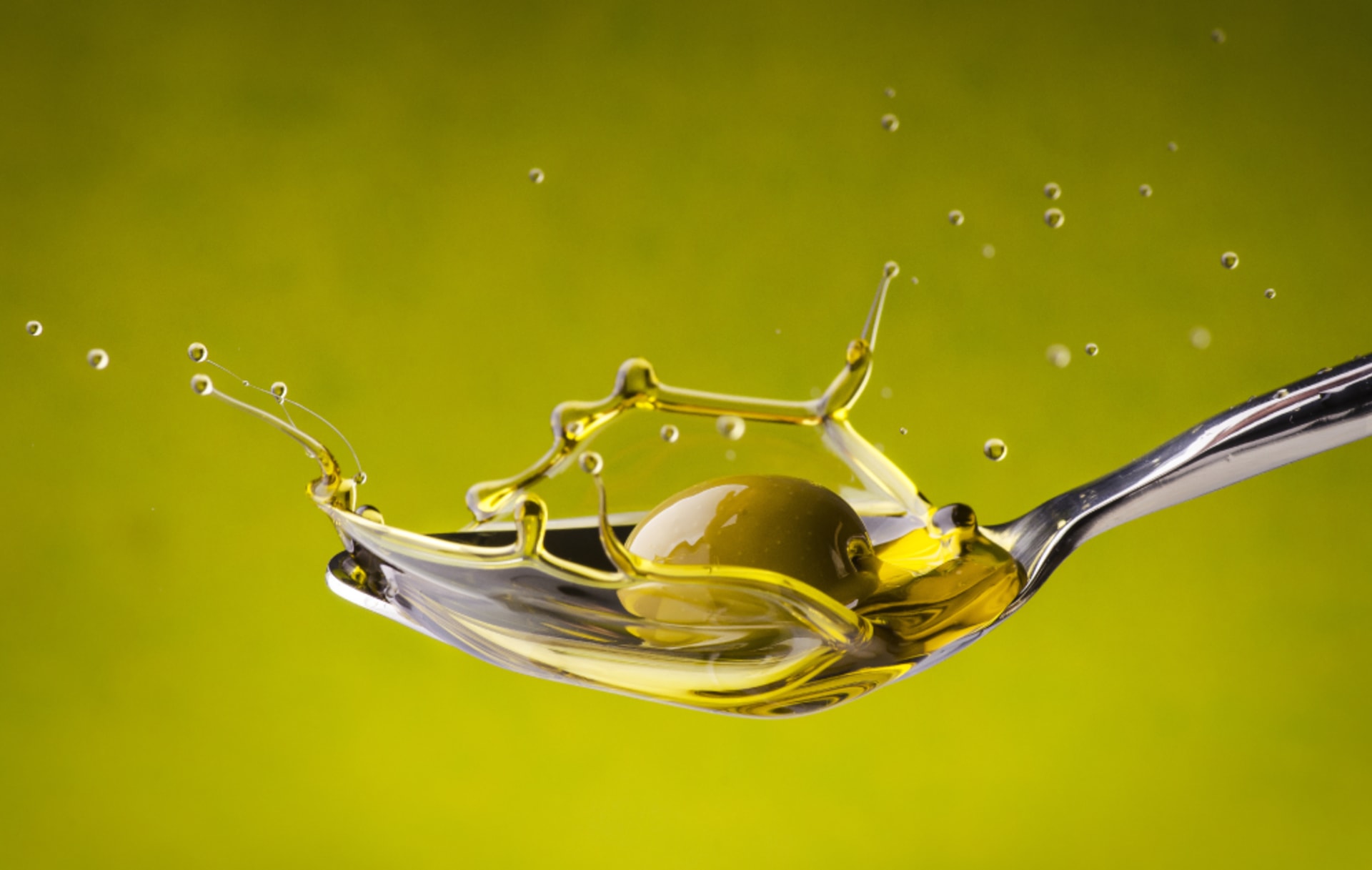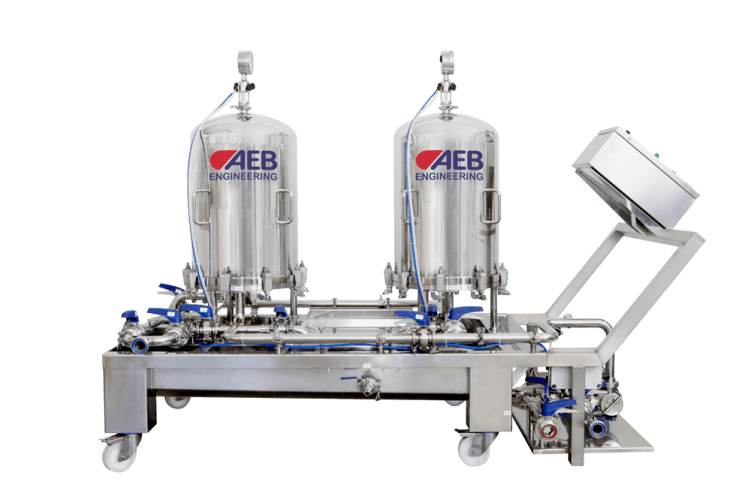-
AEB
- AEB
-
About
- About
-
Group
- Group
-
Info & Contacts
- Info & Contacts
-
Sustainability
- Sustainability
-
OENOLOGY
- OENOLOGY
-
- Biotechnology
-
- Sanitation
-
- Equipment
-
- Filtration
-
BEER
- BEER
-
- Biotechnology
-
- Sanitation
-
- Equipment
-
- Filtration
-
- AEB Brewing lifesyle
-
FOOD
- FOOD
-
- Biotechnology
-
- Sanitation
-
- Equipment
-
- Filtration
-
NEXT
- NEXT
-
- HARD SELTZER
-
- DEALCOLIZED WINE
-
- CIDER
-
 CIDER
CIDER
-
 Discover AEB Cider
Discover AEB Cider
-
- Cider range
-
-
Sustainability
- Sustainability
 CIDER
CIDER

 Australia
Australia
 China
China
 Germany
Germany
 Hungary
Hungary
 United Kingdom
United Kingdom




